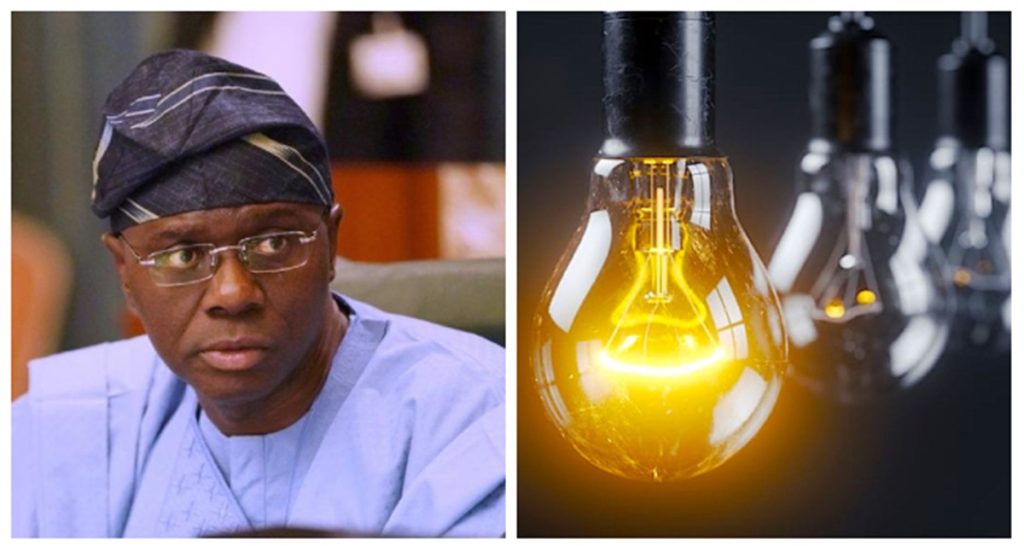The Lagos State government is currently engaged in efforts to harness usable energy from solid waste. Governor Babajide Sanwo-Olu collaborated with a Dutch firm, Harvest Waste Consortium, to establish a high-efficiency Waste-to-Energy plant at the Epe landfill. This plant will employ advanced technology to convert solid, commercial, and industrial waste into clean energy.
Upon completion, the project is anticipated to provide electricity for 40,000 homes, thereby reducing the strain on the national electricity grid. Additionally, it aims to bolster energy security and diversification by annually generating between 6 and 75 megawatts of baseload electricity.
The partnership with the Amsterdam, Netherlands-based firm was initiated by the Ministry of the Environment and Water Resources. The agreement was formalised under the supervision of the Lagos State Office of Public-Private Partnership (PPP).

Sanwo-Olu highlighted the shortcomings of the current waste disposal practices in the State as the driving force behind the partnership. The objective is to introduce measures to mitigate environmental pollution, enhance air quality, and prevent degradation and contamination of water resources.
He said: “Today marks a significant milestone in the journey towards a cleaner, healthier and more sustainable Lagos, as we formalise a partnership with Harvest Waste Consortium. This is a collaboration that promises to transform waste management and energy production in our State.
“The growth of our population signifies progress and opportunity, just as it presents challenges, particularly in managing the increasing volumes of municipal solid waste. We sought innovative and sustainable solutions through extensive consultations, visits, and a thorough exchange of information with our partners from the Netherlands.
“We are thrilled to announce the construction and operation of a High Efficiency Waste-to-Energy plant in Lagos. This state-of-the-art facility will be built with the capacity to process 2,250 tonnes of waste daily, representing a monumental step forward in our waste management strategy. The plant will not only provide a sustainable alternative to the current practice of waste dumping, it will also divert more than 95 per cent of our waste from landfill sites.”
The governor of Lagos State stated that the plant is anticipated to capture approximately 550,000 metric tonnes of carbon dioxide and other greenhouse gases emitted from dumpsites. He further noted that the project, spanning over 25 years, will invigorate economic activities and draw significant investment to the state, consequently generating employment opportunities. He remarked that the technology has been endorsed by the European Commission as the most efficient available technology.

“The facility will ensure that the potentially harmful effects of municipal solid waste are minimised, thereby protecting public health and the environment. This project will not only enhance public health and well-being but also contribute to the circular economy by reducing landfill dependency and promoting recycling,” the Governor said.
Ms Leonie Van der Stijl, the Deputy Consul General of the Netherlands Consulate, remarked that the partnership, fully supported by the Dutch government, offers the opportunity for international cooperation to address local challenges and positions Lagos as the primary partner in Dutch waste management. She assured the Lagos state government of the Dutch government’s dedication to the successful implementation of the project.


